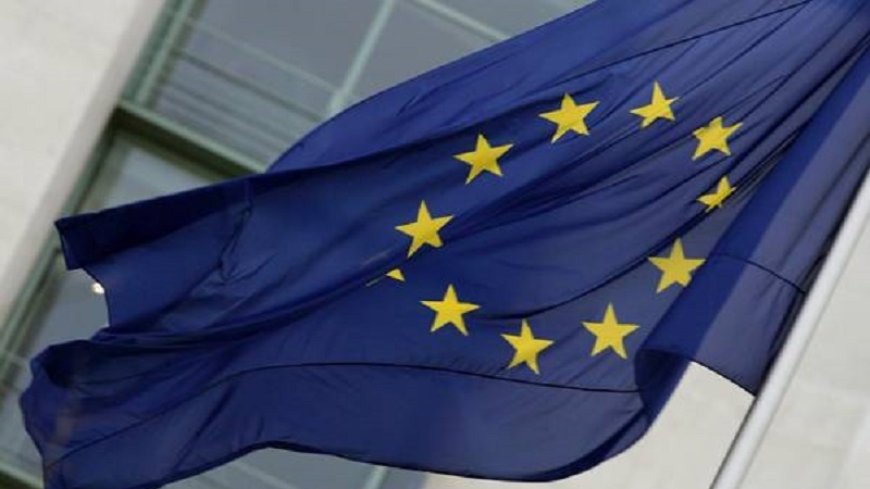Europe, economic security strategy to compete with a multipolar world
Europe, economic security strategy to compete with a multipolar world

The European Commission yesterday presented the guidelines of the EU's economic security strategy.Such a provision had already been announced at the beginning of the year, and reaffirmed even a few days ago, at the conclusion of the Trade and Technology Council of the Euro-Atlantic allies.
Now an initial framework of elements with which to face global competition has been made public, even if any concrete measure has been postponed until the end of the year. The impact of economic and political choices must be investigated, as well as all partners, including private ones, must be consulted before deciding.
At the heart is the desire to reduce the dependence on third-party actors for raw materials and greater attention in directing strategic investments, in particular for the green and digital transition. The goal is stricter control over capital and knowledge outgoing to countries that can "undermine international peace and security".
Obviously these are automatically identified in the "autocracies", even if neither China nor Russia are ever directly mentioned in the 15 pages of the document. "Asian despotism" is the danger to be faced with European investments which, according to Von Der Leyen to ANSA, do not lead to economic dependencies or harmful social and environmental consequences. If she says so…
Therefore, after controlling investments and the activities of companies outside the single market, the EU decides to move in three directions: protect itself from risks, seek partners to diversify supply chains, promote competitiveness. These guidelines will be joined by the STEP project, focused on deep tech, clean technologies and biotechnologies, with an additional 10 billion, hoping to mobilize up to 160 by attracting private investment.
The objective is not that of de-coupling, i.e. a detachment, but the more feasible one of de-risking, i.e. reducing the economic exposure to third party actors. What this search for greater strategic autonomy is for is explained by Borrell, who during the presentation of the document underlined how even the raw materials to produce ammunition are lacking: here the priorities of the EU are explained, namely war.
In fact, alongside the STEP, Von der Leyen also presented the proposal for the revision of the multi-year budget up to 2027. A 50 billion euro fund has been set aside for Ukraine to, said the president of the European Commission, "calibrate our support to the evolution of the situation on the ground, because we all know that a war requires maximum flexibility”.
However, flexibility is also required by Germany, which has many cross-interests with China. Scholz, in fact, hosted Chinese Prime Minister Li Qiang at a working dinner on the 19th, before consultations that continued simultaneously with the presentation of the EU economic security strategy, and has already rejected a "vigilance on all exports European” to Beijing.
A week ago, Berlin released its own 76-page national security strategy. The document reiterates the role of cornerstone of European defense that is to be entrusted to the German armed forces, and confirms the desire to reach 2% of GDP in military spending.
It is reported that elements of international rivalry have increased, as well as that "some countries are trying to reshape the current international order", negatively from a Western point of view. But with regard to China it is said that it is "a competitor and a systemic rival", but without which it is not possible to resolve some important global dossiers.
The EU has yet to negotiate its role in the global competition between the concrete interests of the various countries that make it up. For now there is a method, and it is typical of a capitalist model in crisis which, after decades of sanctifying the free market, takes protectionist and capital control measures to defend its position.













































